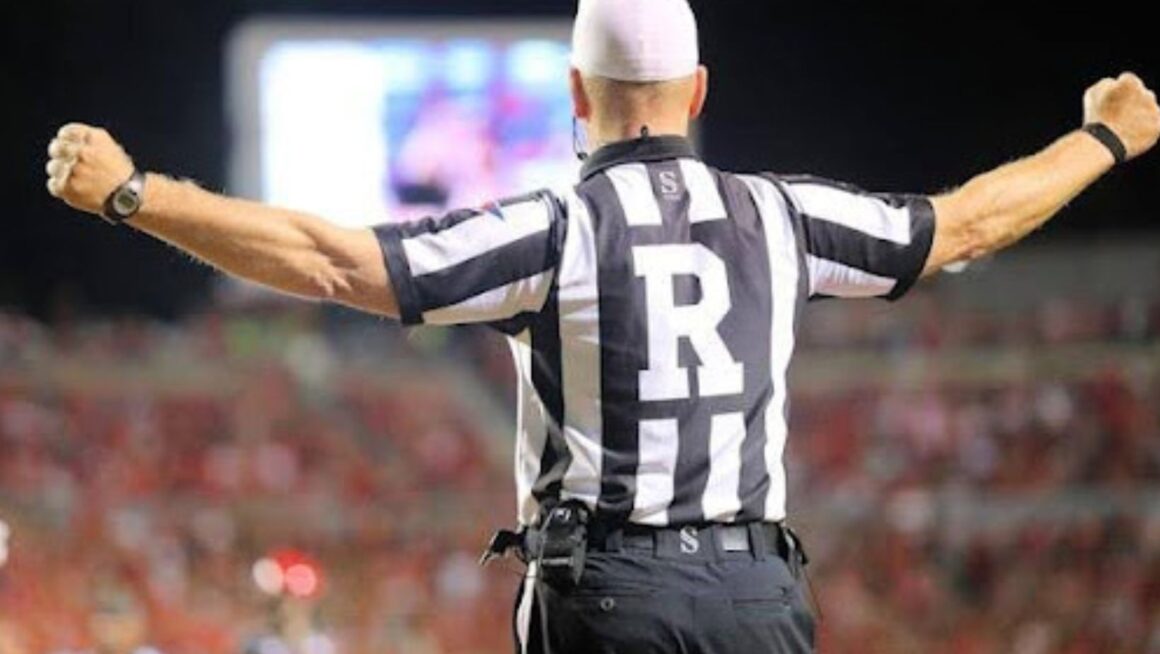Every football season, teams step onto the field armed with strategies, adaptability, and a drive to outsmart their opponents. The same principles power the world of fantasy football.
Behind every lineup decision and trade is the same tactical mindset, reading the field, anticipating outcomes, and maximizing every advantage. For bettors and dedicated fans alike, understanding how fantasy football reflects real-game strategy can lead to sharper decisions, stronger lineups, and a deeper connection to the sport.
Drafting: The Opening Play
In real NFL games, the opening series sets the tone and gives clues to a team’s strategy. In fantasy football, you draft your roster and essentially set your game plan. You identify your “starting formation” of players, stacking value where you believe matchups, seasonal schedules, and breakout potential align.
When you scroll through your lineup options and weigh selecting a high-ceiling running back vs a steady wide receiver, you’re performing the same kind of risk-reward analysis coaches use before choosing to pass or run on third down. Some fantasy platforms even integrate advanced analytics to help identify when a sleeper pick offers better upside than a “safe” veteran.
If you’re using services to refine your strategy, you might also review FanDuel Picks and other expert inputs. These picks are not just tips; they inform how you view the roster as a strategic formation rather than simply a collection of names. Once you plug in those picks, you view your entire lineup like a playbook, anticipating how each week will unfold.
Weekly Matchups: Reading the Field
Just as NFL offensive coordinators exploit an opponent’s weakness, fantasy football managers exploit real-world matchups. A wide receiver facing a weak secondary or a running back billed to carry a heavy workload presents an opportunity. You must scout weekly opponents: bye-weeks, injuries, game environment (weather, travel), and opponent defensive tendencies.
This mirrors game strategy: teams study film, adjust to opponent strengths/weaknesses, and call plays accordingly. In fantasy football, your “play-calls” are your lineup decisions, who starts, who sits, and which stack you deploy. The strategic mindset remains identical: you maximize value where the opposition (or environment) gives you a competitive edge.
Resource Allocation and Depth Strategy
In a real football game plan, a head coach allocates resources (offensive line, running backs, receivers) to control tempo or exploit a mismatch. In fantasy football, you likewise allocate roster spots, draft capital, trade value, and waiver moves. Depth is like backup units: injuries happen, production fluctuates, and you must adapt.
Some fantasy football analyses draw from game theory: you anticipate what “other managers” will pick, avoid over-bidding for popular players, and find value in overlooked areas. For example, when everyone chases a star receiver, you might pivot to a less popular running back with a better landing spot and schedule. Studies of fantasy football show that drafting the opposite of the popular strategy often yields an advantage.
On the field, the best teams adjust when opponents load the box or blitz more; in fantasy, you adjust when the field loads up on a position or stacks a specific team. Flexibility and contrarian decision-making become strategic weapons.
In-Season Adjustments: The Halftime Huddle
No coach sticks rigidly to the opening plan when the opponent surprises them. Similarly, in fantasy football, you monitor weekly results, emerging trends, injuries, and rookie breakout stories. You make trades, drop underperformers, pick up waiver gems, all part of your mid-season play-calling.

Smart managers know when to strike early on an undervalued player before their stock rises. Checking out tools like FanDuel’s fantasy football buy-low running back candidates can help you identify players ready to break out, giving you that midseason edge your league rivals wish they had.
Playoffs Mode: The Championship Drive
As the NFL season approaches playoffs, teams shift into higher leverage play-calling: run-first when ahead, aggressive when behind, exploit favorable matchups. In fantasy football, the same holds: once you reach the fantasy playoffs, every week matters. You optimize heavily, bench any inconsistent players with limited upside, and load up on high-floor options to secure wins. The game strategy analogy becomes clear: you close out the season like a team hunting a Super Bowl berth.
You evaluate not just who you start this week, but also what roster you need to survive until Week 17 (or Week 18). You assess opponent strength, bye-weeks, leftover schedule difficulty, and stack accordingly. Winning your league or tournament in fantasy football requires the same discipline and situational awareness that winning an actual championship requires.
Betting Implications: Strategy Meets Wagering
For bettors who play fantasy football, understanding strategy enhances their ability to wager on other sports. When you study game strategy from the fantasy lens, you also sharpen your understanding of matchup context, implied game flow, and player usage. When you place a bet on a prop or a team outcome, you see parallels to your fantasy roster decisions: prioritizing value, exploiting mismatches, and mitigating risk.
Using FanDuel Picks or other projections in parallel with your fantasy strategy gives you an edge in both arenas. You treat each player not only as a fantasy point contributor, but as a building block in the broader strategic landscape, just as a coach treats each athlete as part of a game plan.
Mindset Shift: From Fan to Strategist
Most casual fans pick their favorite players and root for their team. But serious fantasy football participants adopt the mindset of a coach or general manager: they anticipate moves, read trends, and adapt constantly. That mindset shift is fundamental.
When you approach fantasy football this way, drafting like a game plan, adjusting like a play-calling coach, targeting matchups like an offensive coordinator, you elevate your performance. You turn random picks into strategic moves. You convert luck into preparation.
And for bettors, that mindset bleeds into your sports-wagering acumen: you start thinking not just “Who will score?” but “How will this game develop? Which players will carry volume? Where is the advantage that the market overlooks?”
Foundational Logic
Game strategy in the NFL and fantasy football strategy share a foundational logic: assess resources, exploit matchups, adjust dynamically, and aim to maximize outcomes while minimizing risk. When you treat fantasy football as a strategy game, much like a coach treats every snap, you unlock greater insight, improved decision-making, and ultimately better results.
Whether you’re picking your weekly lineup or comparing FanDuel Picks, recognizing that your fantasy roster mirrors the tactical plays of an on-field game plan empowers you to engage more like a strategist and less like a spectator. Play smart. Win big.


![[D2] Daily Reset Thread [2021-09-07]](https://meltingtopgames.com/wp-content/uploads/2023/07/Untitled-design-2024-07-10T102422.093-1160x651.png)